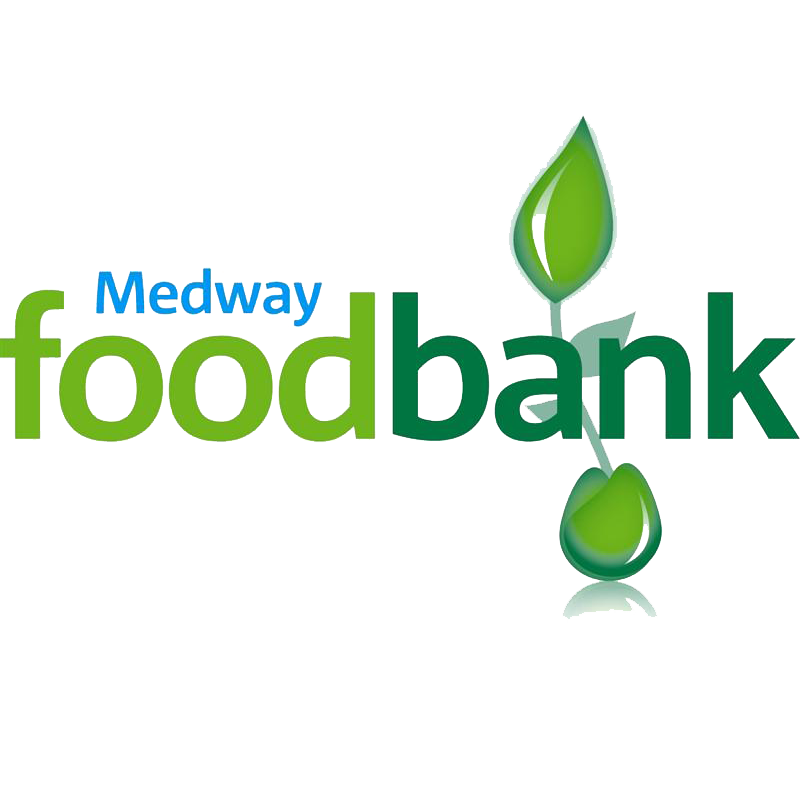It hasn’t been easy. The start of 2023 was the bleakest start to a year we’ve ever experienced. We’ve adapted our services to keep helping as many people as possible — seeing 2 people in crisis every minute, needing things like food bank referrals and charitable support. 3 in 4 people who came to us for crisis support did so for the first time, and the number of employed people seeking this kind of help has tripled since 2020. Over half of people coming to us with debt problems are in negative budgets, with their income unable to cover essential bills like housing, food and heating. We helped more people with homelessness advice than any other time in the last 7 years.
This was the year when the cost-of-living crisis really hit, with 2 huge increases in energy prices, high inflation and rising interest rates. And it isn’t an equal crisis — more than 60% of the people we help with crisis support are disabled or have long term health conditions.
Things are getting complicated
So there are more people than ever needing our support. But it’s more complicated than that. The cost-of-living crisis means people have more complex problems. On average, we help each person who comes to us for advice with 4.9 interrelated issues. This is up from 4.3 pre-pandemic. We’re also seeing more urgent problems (28% of our work, compared to 23% 2 years ago) — and our data shows that urgent problems are harder to solve. As well as increasing advice-giving capacity wherever possible, working with our funders and partners to help as many people as we can, we’ve continued to advocate for change in key areas — we helped to drive a ban on forced prepayment meter installation, protecting people most at risk of being disconnected.
Our value to society
Solving people’s problems improves their lives and wellbeing to such an extent that we can even put a value on what our service achieves for society. A treasury-approved modelling tool shows that for every £1 spent on our services, the wider economic and social value is £13.28 — this year we delivered £4.7 billion in public value. And as part of our problem-solving advice, we can increase people’s incomes (for example through debts written off, and taking up of benefits). This year we delivered £2.7 billion in increased income for the people we advised — with every £1 spent on our service making people we helped better off by £7.64. We’ve also saved the government and public services £681 million, by stopping problems happening or getting worse — reducing pressure on public services like health and housing.
In the report, you can also read some stories from people we’ve helped, like Monica*, who has a number of medical conditions and is unable to read or write. Monica* had been receiving Personal Independence Payments (PIP) and reported a deterioration in her conditions. Her award was reviewed and it was decided she was no longer entitled to PIP. We supported Monica* to appeal this, and on appeal she was awarded the enhanced rates of daily living and mobility, receiving £10,000 in arrears, with ongoing payments of around £620 every 4 weeks. We helped over 200,000 people with PIP payment issues this year.
As I said above, this isn’t an equal crisis. And it’s certainly not over yet.
Read our full report here. Our annual data takes a while to consolidate and analyse. If you’re interested in seeing up to date monthly data on how the crisis is evolving, you can view our frontline insights dashboard here, and join me for conversation and analysis at our briefing events, which you can sign up to here.








